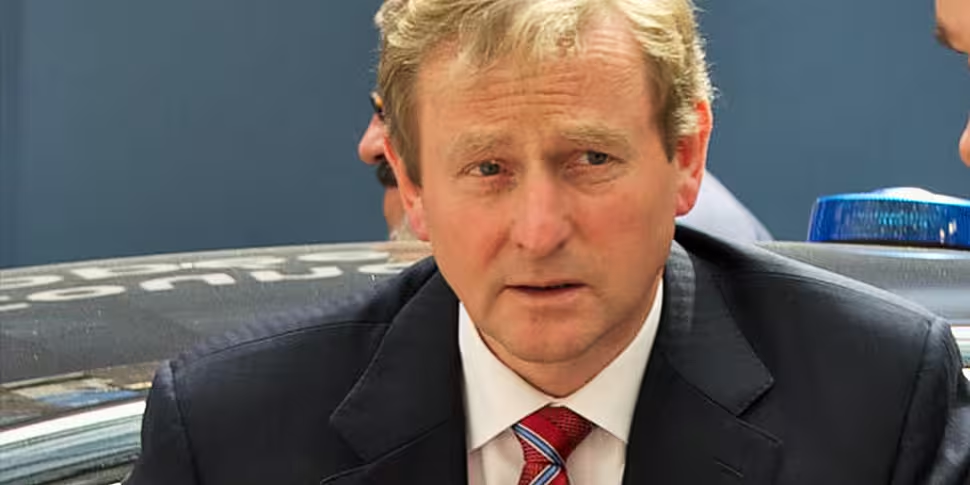The Taoiseach Enda Kenny has ruled out any support for a deal to write-off some of Greece's national debt.
Mr Kenny also says the proposals being tabled by Greece, in order to access more bailout loans, will not turn around their economy and that Greece should follow the Irish lead instead.
He was speaking ahead of a meeting of European Union prime ministers in Brussels, which hopes to sign off on a deal for Greece tomorrow.
But with Greece still in talks with the Troika, Mr Kenny says Ireland proved it was possible to grow the economy without raising taxes.
The Greek government badly needs €7.2bn from international creditors to keep its economy going and to help with a €1.6bn payment it has to make to the International Monetary Fund (IMF) by the end of the month, which is next Tuesday.
Otherwise, Athens may default on its debts which could lead to the country leaving the single currency.
German Chancellor Angela Merkel has said there must be a debt deal with Greece before financial markets open on Monday.
She also told a meeting of European leaders before an EU summit in Brussels that Germany "will not be blackmailed" by Greece.
More talks will be scheduled in the coming days, but Germany's finance minister earlier on Thursday expressed pessimism that a deal could be struck.
Wolfgang Schaeuble said the two sides were "even further apart" as discussions took place in Brussels between the Greek Prime Minister Alexis Tsipras and the IMF and European Central Bank (ECB).
The creditors presented Athens with new proposals over the economic reforms it wants made in an attempt to find a breakthrough over its bailout.
But Greece was still not on board, raising fresh doubts about whether it was possible to clinch a deal before the end of June.
However, Mr Tsipras said he was confident of reaching a compromise despite a deadlock in the talks.
According to Greek officials at the talks, creditors were seeking a different mix of austerity measures than those proposed by Athens, making the cuts more immediate.
They included broad pension cuts, higher revenue from sales tax, and a faster elimination of tax exemptions - demands that are likely to fuel dissent within the government if accepted.
The finance ministers' deliberations took place alongside a meeting of EU leaders, who are holding a two-day summit in Brussels. They will almost certainly find themselves drawn into the Greek debt negotiations.
Hopes of a settlement had faded on Wednesday evening after the IMF cast doubts on Greece's new debt plan.
IMF: Greek plans are not viable
The proposals put forward by Athens aim to raise €8bn, mostly through new taxes on the wealthy and businesses, early retirement restrictions, VAT increases and a cut in defence spending.
But the IMF was cautious about the mix of reforms Greece proposed, saying they rely too heavily on tax increases that can hurt the economy.
It wants more spending cuts because of the possible effect of tax rises on businesses. IMF director Christine Lagarde was adamant the Greek plans were not viable.
"You can't build a programme just on the promise of improved tax collection, as we have heard for the past five years with very little result," she told French Challenges magazine.
Stock markets across Europe were down after the IMF's negative reaction to the proposals.
Assuming a deal is thrashed out with the EU and IMF, Mr Tspiras still needs to convince his anti-austerity Syriza party to approve concessions needed to unblock the desperately needed bailout funds.
He only has a slim majority within the Greek parliament and opposition within his own party to proposed concessions means ratification in Greece is by no means assured.









